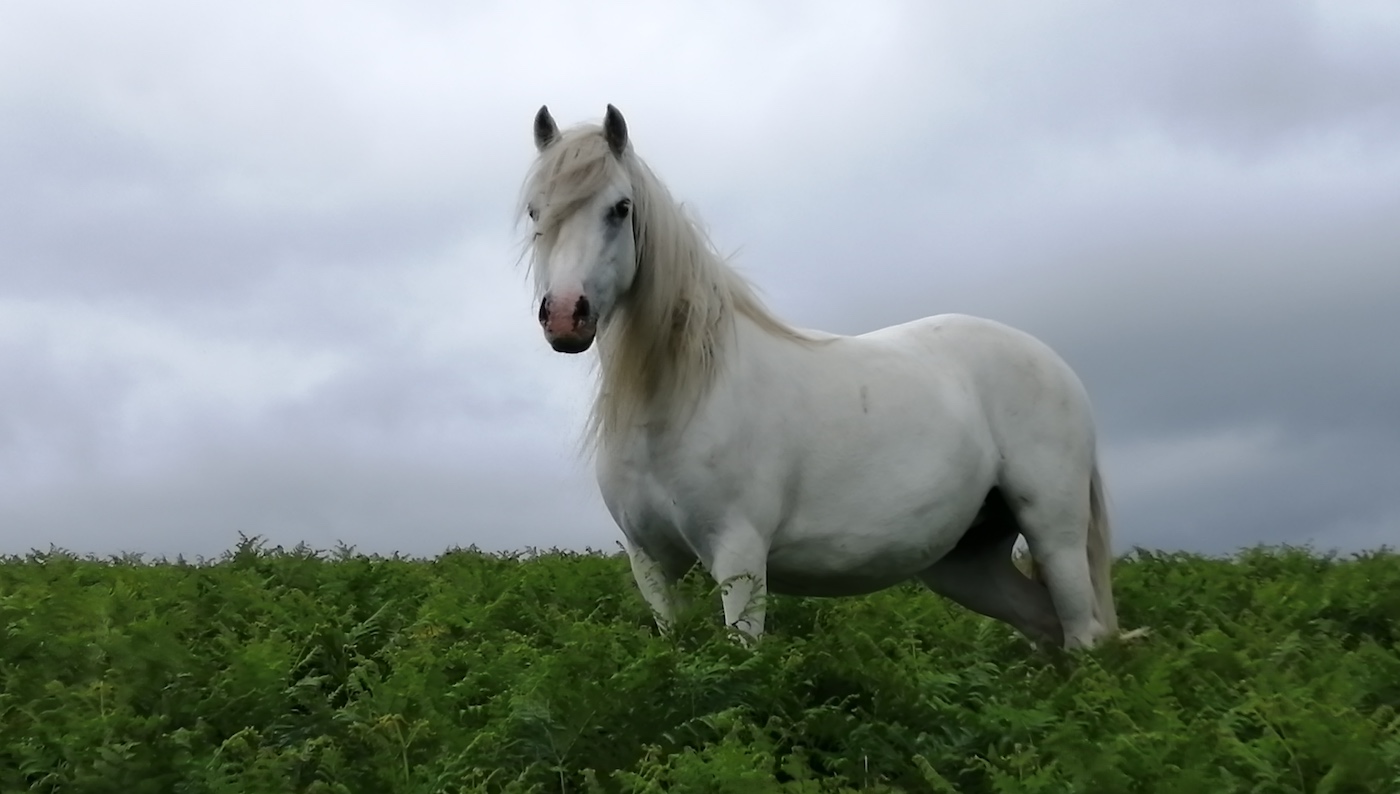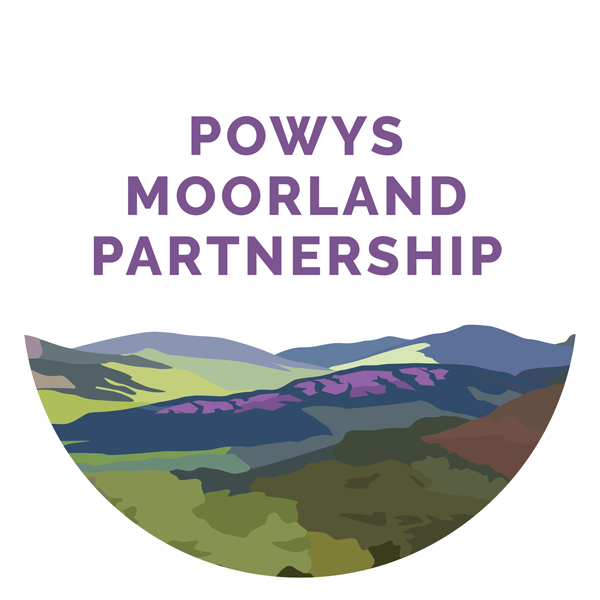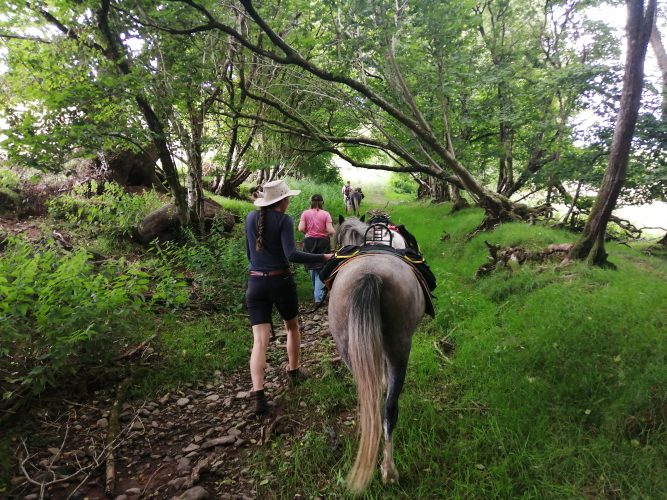We take the Welsh mountain ponies for granted when we visit the Welsh hills. Many of us love to watch them move over the landscapes and many photos have been taken over the years. But these ponies are in grave danger of disappearing altogether. With only 500 registered Section A semi-feral ponies left in the whole of Wales, many have now not bred for a number of years and are dying out. They are on the brink!
Hooftrek – a hiking with pack ponies initiative hooftrek.co.uk– has been set up using trained ponies to carry everything needed to walk and camp. Its founder, Graham Williams –also founder of Freerein free-rein.co.uk – (still the only self-guided trekking company in the UK) – believes that there nothing new about the concept of walking in the company of animals, but this is about finding a purpose for these exceptional animals, particularly the colts which are now worthless.
“These ponies are an integral part of these hills, rich in Welsh culture and history and play a crucial role in boosting the rural economy and reconnecting people with the landscapes,” says Williams, who has walked 1000s of miles across the Radnorshire and Cambrian hills over the past 35 years to explore and identify the routes not only for ridden rides but now for the pack ponies.
“We are all about getting people outside to experience these amazing landscapes and in doing so, educating them on why they need managing. These indigenous ponies have been here for 100s of years. It is their home and it’s our duty to help them. Many have not bred for years and the cost of passports and microchipping let alone registering them is too expensive and makes no economic sense.”
Donna Udall from the Centre for Agroecology, Water and Resilience (CAWR) at Coventry University is passionate about these ponies and believes that we need to understand the importance of their role in the hills before it is too late.
“From the quality of air we breathe, the water we drink, the stability of our land, the ability of our environment to be resilient to climate changes challenges and our sense of shared history and community all depend on how the Welsh uplands are managed.”
She has set up a fundraising initiative to highlight the plight of these ponies and is capturing the photos of these wonderful animals to produce a book and film, working in collaboration with the Hill Pony Improvement Society of Wales and the Welsh Pony and Cob Society. She hopes to present this to all 60 Assembly Members in Wales.
Donna will highlight the role of these hardy ponies who have waterproof coats needing very little protection from the elements and how they play a crucial role in the grazing mix of the land to help boost biodiversity compared to sheep only systems.
She explains how they breakdown the vegetation differently to cows and sheep which results in less overgrazing, less erosion of the soils which helps keep the carbon safely in the ground and points out the value of their dung which fertilises the soil and supports around 250 different species of insect.
“They also don’t need petrol – unlike a tractor with a grass cutter – so they are an environmentally friendly way to help maintain access to the land and they don’t compact the soil. They also have a tourist value to boost the much-needed rural economy.”
The Powys Moorland Partnership is funded by the Welsh Government and EU through the Sustainable Management Schemes under the Rural Development programme. It is a landscape scale collaborative initiative pulling together all stakeholders and communities to find ways to improve the resilience of our moorlands.
Please contact Hooftrek for further information on taking pack ponies out contact Lyndy Cook https://www.hooftrek.co.uk/
Please contact Donna Udall at donna.udall@coventry.ac.uk or https://www.coventry.ac.uk/research/areas-of-research/agroecology-water-resilience/
To donate to this project please link here https://gf.me/u/ynxwm4
Please contact Ben Cook the photographer and film maker of this Welsh Mountain awareness campaign on bgmcook@hotmail.co.uk


